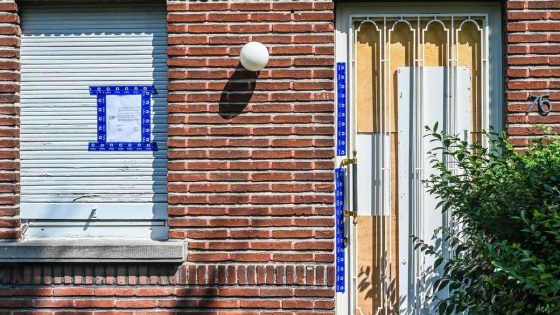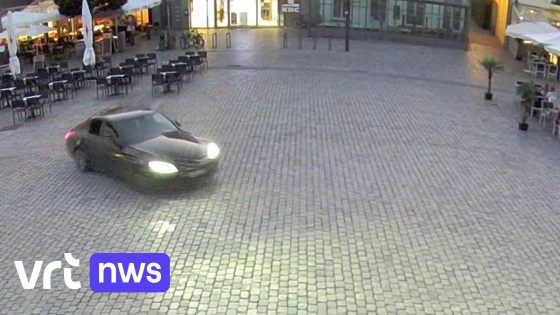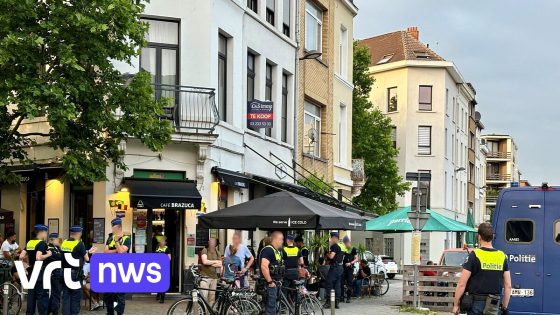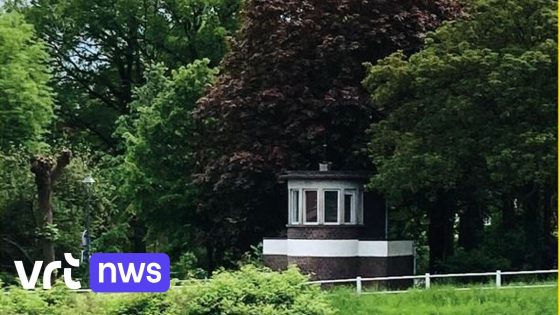The recent police raid on the rendez-vous house Belissima in Hasselt has brought renewed focus on the challenges of regulating such establishments in Belgium. Following numerous complaints from local residents and multiple police interventions, inspectors from the Limburg Regio Hoofdstad police zone, accompanied by officials from the RSZ and DVZ, conducted a thorough inspection at the Casterstraat location on 2025-06-19 19:17:00.
- Police and social services raided Belissima brothel
- Authorities found multiple violations including human trafficking
- Mayor imposed maximum six-month closure order
- Owner ignored two-month opportunity for defense
- Closure targets illegal operation in residential area
- Enforcement aims to protect public order and safety
During the operation, authorities uncovered several violations, including human trafficking for sexual and economic exploitation, abuse of vulnerable minors in prostitution, drug offenses, and undeclared work. The scale of these infractions prompted the city to impose the maximum legal closure period of six months on the establishment.
What does this mean for Hasselt’s residential neighborhoods, and how will the city ensure compliance going forward? The following details shed light on the situation and its implications for local communities.
Why did the authorities decide on such a strict measure? The owner was given two full months to respond but failed to do so, highlighting a lack of cooperation. This case raises important questions about enforcement and community safety:
- How can municipalities better monitor and regulate similar venues?
- What support systems exist for vulnerable individuals exploited in these contexts?
- Can stricter permit requirements prevent unauthorized operations in residential zones?
Moving forward, Hasselt’s authorities must maintain vigilance and strengthen collaboration with social services to prevent recurrence. Residents are encouraged to report suspicious activities, ensuring their neighborhoods remain safe and lawful.































